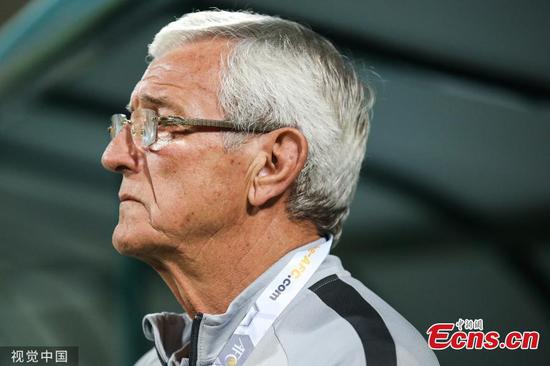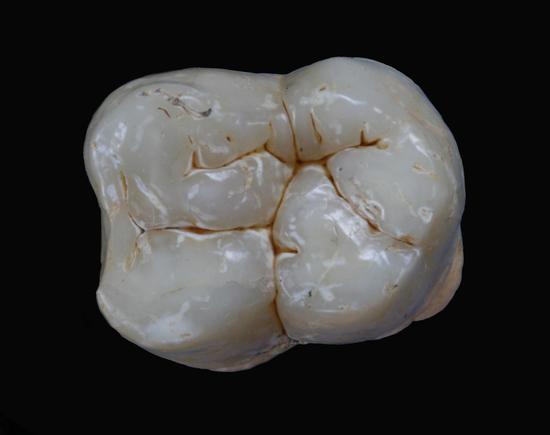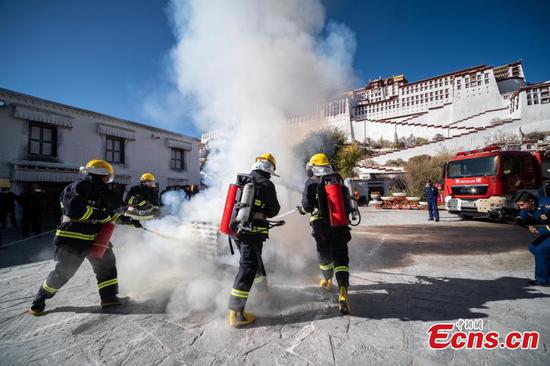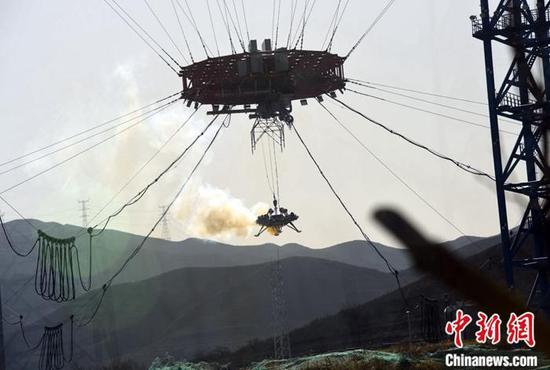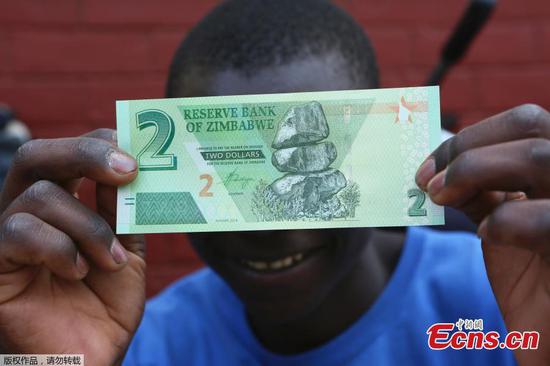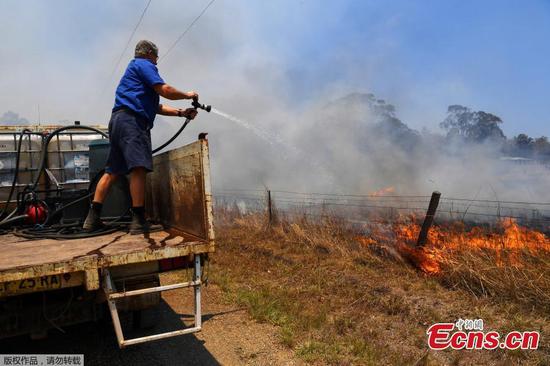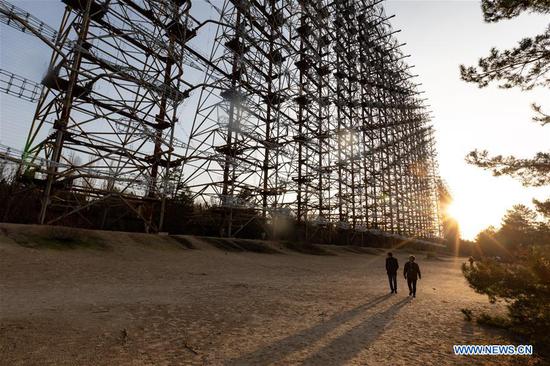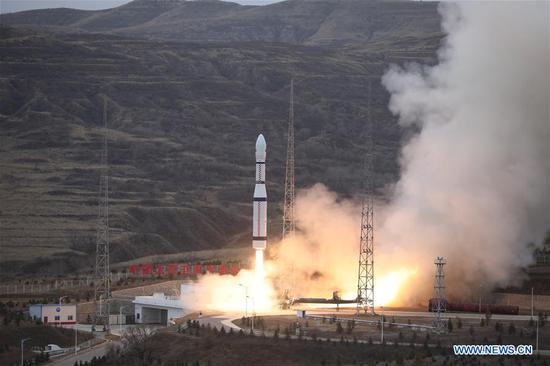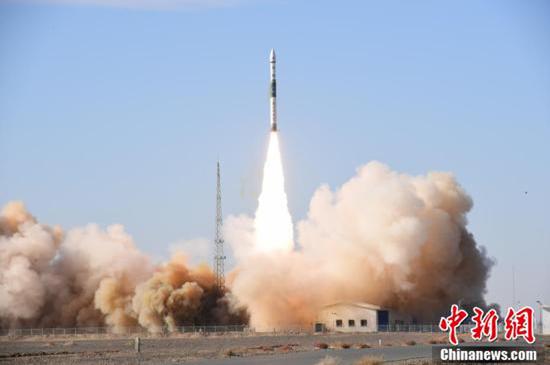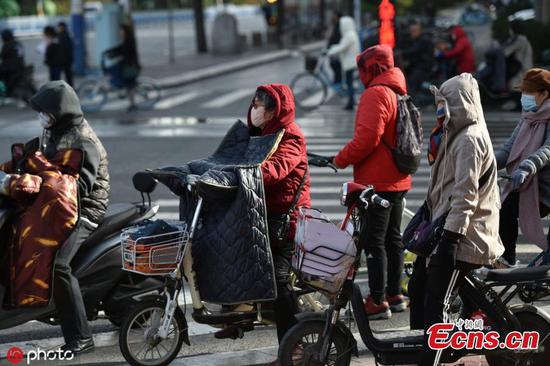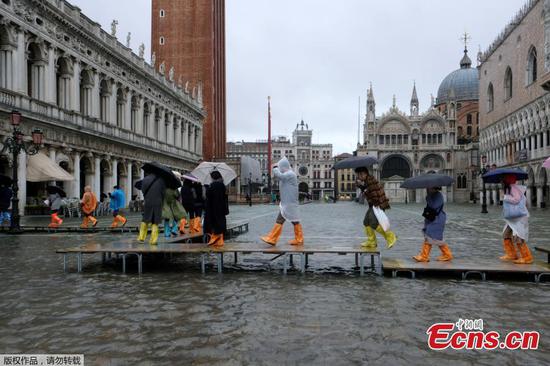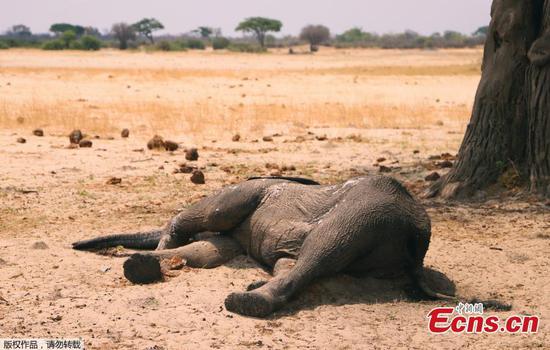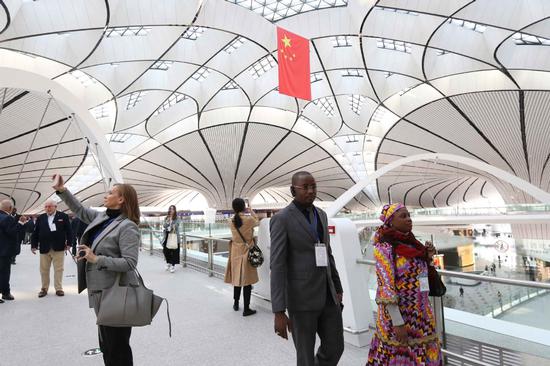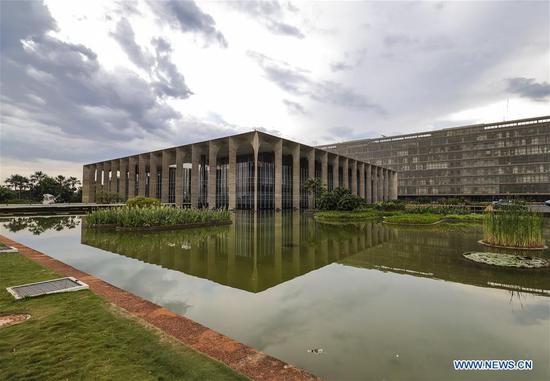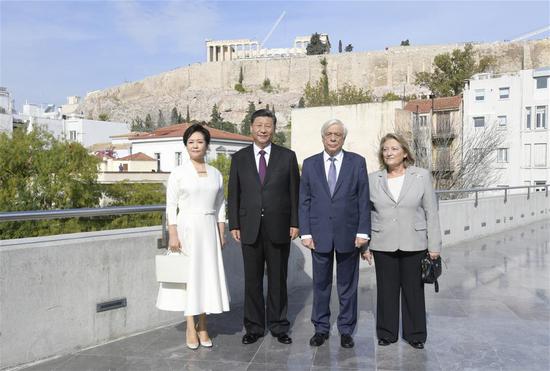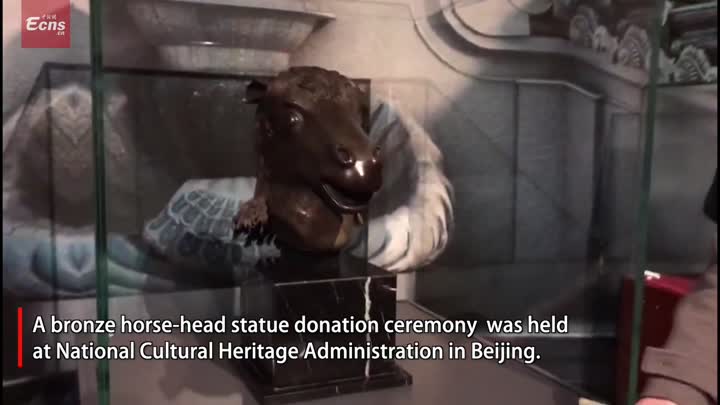As Pyongyang issued a fresh warning against military drills by Washington and Seoul, U.S. Defense Secretary Mark Esper on Wednesday said his country is open to altering military activity with its allies if it helps diplomatic efforts to denuclearize the Korean Peninsula.
Esper made the remark to reporters accompanying him on a flight to Seoul, where he is due to hold annual defense talks with the Republic of Korea's Defense Minister Jeong Kyeong-doo.
"We will adjust our exercise posture, either more or less, depending on what diplomacy may require," Esper said, according to the ROK's Yonhap News Agency, referring to U.S.-ROK combined military exercises that the Democratic People's Republic of Korea condemns as an invasion rehearsal.
Washington and Seoul are scheduled to hold a joint air exercise later this month. Esper said the drill's scope has been reduced from the Vigilant Ace exercises that were conducted before U.S.-DPRK diplomacy got under way last year.
Earlier on Wednesday, a spokesperson for the DPRK's State Affairs Commission, which is headed by the country's top leader Kim Jong-un, warned of a "greater threat" to the U.S. should the drills go ahead as planned.
The spokesperson said the U.S. should suspend the drills "at a sensitive time when the situation on the Korean Peninsula could go back to the starting point due to the joint military drills between the U.S. and ROK," according to the state media Korean Central News Agency.
China urges de-escalation
China on Thursday called on all parties concerned to cherish the hard-won momentum of dialogue and de-escalation on the peninsula and do more to promote mutual trust.
Foreign Ministry spokesman Geng Shuang told a daily news conference that China hopes the relevant parties are firmly committed to dialogue and consultation, showing flexibility to each other and making constructive efforts for denuclearization and long-lasting peace in the peninsula.
He emphasized that dialogue has always been the only effective way to resolve the Korean Peninsula issue in a political manner.
Nuclear diplomacy between Washington and Pyongyang has been in limbo after their working-level talks held in Sweden collapsed in October.
How to find a balance between the denuclearization of Pyongyang and the sanctions relief by Washington is the key point to solve the nuclear issue, according to Wang Junsheng, an associate researcher at the National Institute of International Strategy under the Chinese Academy of Social Sciences.
Wang said since the collapse of the summit between U.S. President Donald Trump and Kim earlier this year, the two sides have used diplomatic and military tactics to put pressure on each other and have not shown sincere attempts to resume peace talks. Neither approach is conducive to the fundamental solution of the nuclear issue on the Korean Peninsula.
"Although the DPRK has constantly expressed dissatisfaction with the joint military exercises between the U.S. and the ROK, and the U.S. side did make a gesture to reduce the scale of the exercises, without a deal on the extent between denuclearization and sanctions relief, I am afraid that there will be no substantial progress in the denuclearization process of the peninsula for a period of time," Wang added.










